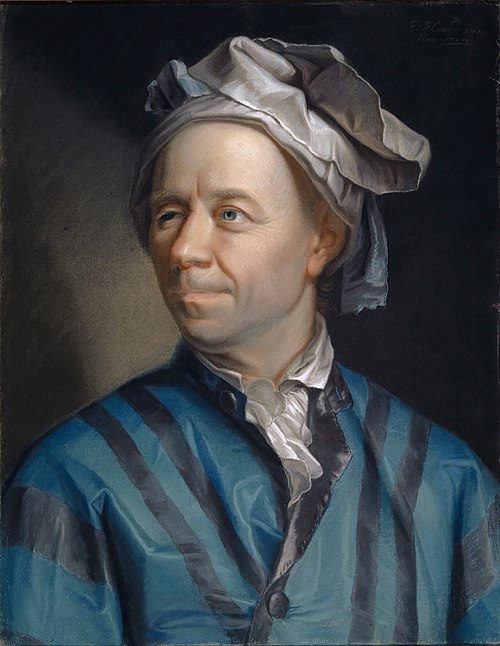Pinoun
The 16th letter of the Classical and Modern Greek alphabets and the seventeenth in Old Greek.
Pinoun
(mathematics) An irrational and transcendental constant representing the ratio of the circumference of a Euclidean circle to its diameter; approximately 3.14159265358979323846264338327950; usually written π.
Pinoun
(metal typesetting) Metal type that has been spilled, mixed together, or disordered. Also called pie.
Piverb
(metal typesetting) To spill or mix printing type. Also, "to pie".
Piadjective
(typography) Not part of the usual font character set; especially, non-Roman type or symbols as opposed to standard alphanumeric Roman type.
Pinoun
A mass of type confusedly mixed or unsorted.
Pinoun
A Greek letter (
Pinoun
The letter
Piverb
To put into a mixed and disordered condition, as type; to mix and disarrange the type of; as, to pi a form.
Pinoun
the ratio of the circumference to the diameter of a circle
Pinoun
someone who can be employed as a detective to collect information
Pinoun
the scientist in charge of an experiment or research project
Pinoun
the 16th letter of the Greek alphabet
Pinoun
an antiviral drug used against HIV; interrupts HIV replication by binding and blocking HIV protease; often used in combination with other drugs
Pi
The number π (; spelled out as ) is a mathematical constant. It is defined in Euclidean geometry as the ratio of a circle's circumference to its diameter, and it also has various equivalent definitions.
Phinoun
Φ, the 21st letter of the Euclidean and modern Greek alphabet, usually romanized as "ph".
Phinoun
(mathematics) The golden ratio.
Phinoun
A visual illusion whereby a sequential pattern of lights produces a false sense of motion.
Phinoun
the 21st letter of the Greek alphabet
Phi
Phi (; uppercase Φ, lowercase φ or ϕ; Ancient Greek: ϕεῖ pheî [pʰé͜e]; Modern Greek: φι fi [fi]) is the 21st letter of the Greek alphabet. In Archaic and Classical Greek (c.








